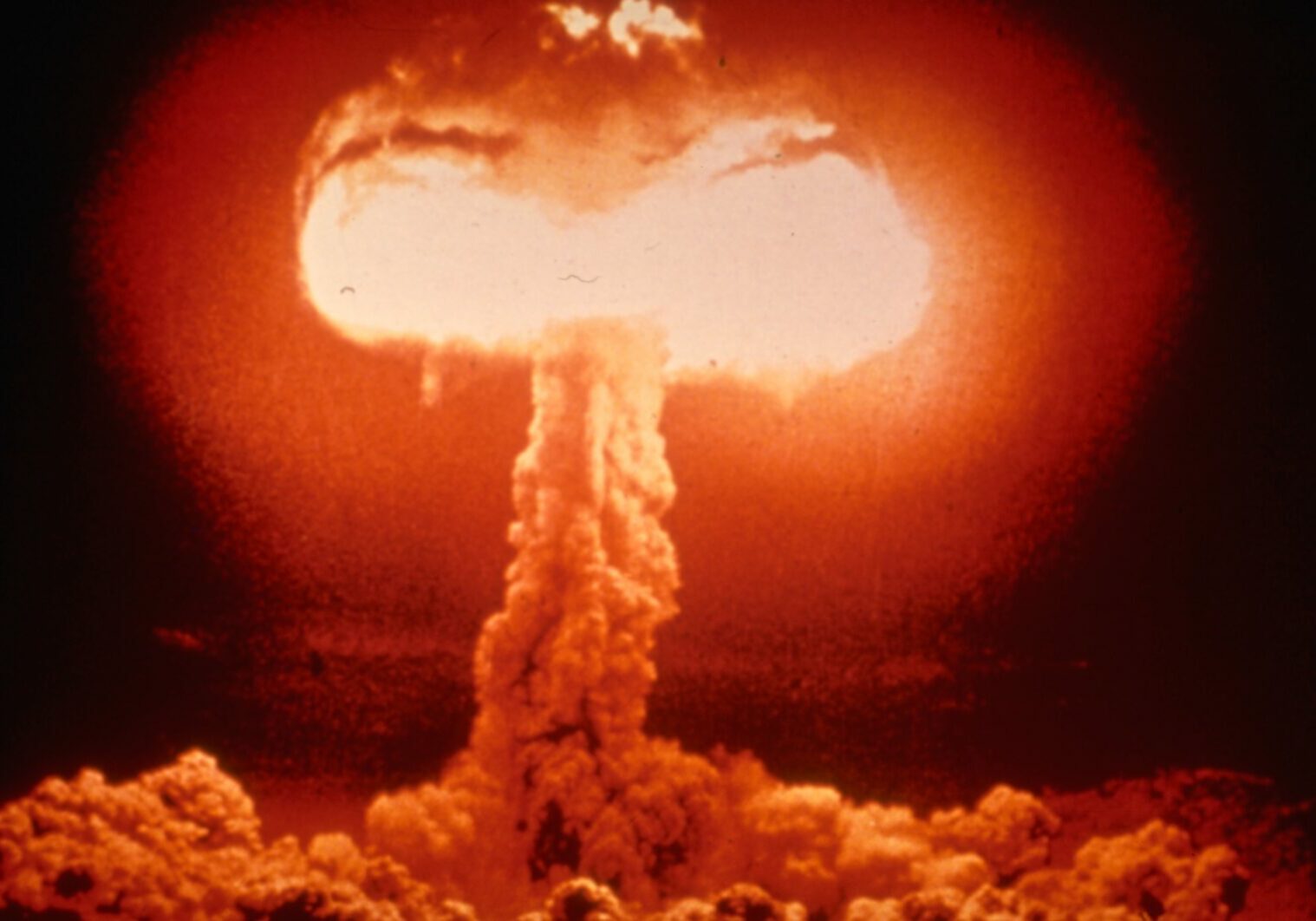Ban Treaty anniversary reminds us of its importance

The Treaty on the Prohibition of Nuclear Weapons (TPNW) entered into force on January 22, 2021. As we approach its one-year anniversary, too many reminders have emerged that its importance is more urgent now than ever.
More than 60 U.S. organizations — including Beyond Nuclear — issued a joint statement on January 12 calling for the total elimination of all U.S. land-based nuclear missiles, warning that the weapons are both an enormous waste of money and—most crucially—an existential threat to humankind.
In the context of the statement, Daniel Ellsberg, the famed whistleblower, observed that “No other specific, concrete American action would go so far immediately to reduce the real risk of a false alarm in a crisis causing the near-extinction of humanity.”
And yet the rhetoric from the nuclear weapon powers, as we have seen, continues to adhere to the myth of nuclear deterrence as somehow protecting us from nuclear war, rather than, in fact, making it more likely.
As one example, a recently headline in The Hill Times proclaimed: “Long live deterrence to dissuade nuclear attacks”. A subhead then added: “It’s not absolutely foolproof, but it has protected us all from nuclear war for 75 years.”
But that is precisely where deterrence falls apart. As we wrote on Beyond Nuclear International, “for deterrence to work, it has to be absolutely 100 percent foolproof. The consequence of it being less than that is beyond catastrophic. It could amount to the end of life on earth as we know it. That’s one hell of a gamble. And it’s a gamble that is not morally defensible on any level. It’s one that should never be taken.”
As we wrote on the cover of our pamphlet —The Myth of Deterrence: Why nuclear weapons don’t deter or protect and aren’t really weapons at all — “The only way to be 100% certain of nuclear deterrence is to have 100% nuclear weapons abolition”.
Trusting in nuclear deterrence is a risk of such monumental humanitarian consequences that it changed the entire dialogue around disarmament, prompting a new civil society movement to push the United Nations to adopt, sign and ratify the TPNW. The TPNW worked — and came into law — precisely because the issue of nuclear weapons was viewed from the perspective of their humanitarian consequences if used.
Support Beyond Nuclear
Help to ensure a safer, greener and more just world for all

